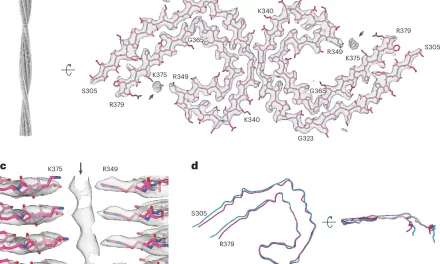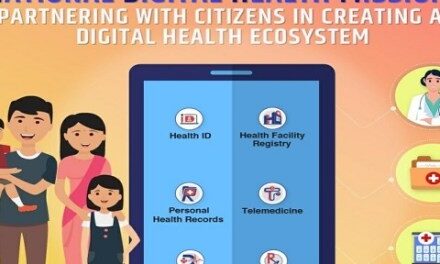October 18, 2024 – In a significant update to our understanding of prenatal cannabis exposure, two studies published in JAMA Network Open have found no link between maternal cannabis use during early pregnancy and autism spectrum disorder (ASD) or early developmental delays in children.
The research, led by Lyndsay A. Avalos, Ph.D., M.P.H., and her team at Kaiser Permanente Northern California, analyzed data from a large population-based retrospective cohort study to investigate potential associations between maternal cannabis use and developmental outcomes in children. Avalos and colleagues sought to clarify whether prenatal exposure to cannabis might contribute to developmental issues, a subject of growing public health interest amid increasing cannabis legalization and use.
Findings on Autism Spectrum Disorder (ASD)
In the first study, Avalos’s team focused on the relationship between early prenatal cannabis use and ASD. The cohort included 178,948 singleton pregnancies from 146,296 individuals, with 4.7 percent screening positive for cannabis use. Approximately 3.6 percent of children in the cohort were diagnosed with ASD.
After adjusting for maternal characteristics such as age, socioeconomic status, and health status, the researchers found no statistically significant association between maternal cannabis use and child ASD. Even when accounting for self-reported frequency of cannabis use, no correlation was observed, suggesting that early pregnancy cannabis exposure may not be a risk factor for ASD.
Findings on Developmental Delays
In a second study, Avalos and her colleagues examined the potential link between prenatal cannabis use and developmental delays in language, motor skills, and overall cognitive development. This cohort included 119,976 children from 106,240 individuals, with a follow-up period up to age 5.5 years. The team reported that 5.6 percent of pregnancies involved documented cannabis use.
The results revealed no association between prenatal cannabis use and early developmental delays, including speech and language disorders, global developmental delays, or motor skill issues. Again, the frequency of cannabis use did not appear to influence these outcomes, further supporting the conclusion that early cannabis exposure may not be linked to developmental delay risks.
Calls for Further Research
Despite these findings, Avalos and her colleagues urge continued research to understand the full spectrum of cannabis’s impact on prenatal development. “Additional studies are needed to evaluate cannabis use throughout pregnancy, mode of administration, and product strength, as well as potential factors that may mitigate adverse associations and neurodevelopmental outcomes that may emerge later in childhood,” the researchers noted.
One author involved in the developmental delay study disclosed receiving research support from the Gerber Foundation, highlighting the study’s robust backing and commitment to addressing complex health topics.
These findings add valuable insight into the ongoing debate around cannabis use during pregnancy, indicating that early prenatal exposure to cannabis may not contribute to autism or developmental delays in young children. However, as cannabis use becomes more common, especially in legalized states, public health experts continue to stress the importance of informed decision-making during pregnancy and encourage pregnant individuals to consult healthcare providers regarding cannabis use.
References:
- Avalos, L.A., et al., “Maternal Prenatal Cannabis Use and Child Autism Spectrum Disorder,” JAMA Network Open, 2024. DOI: 10.1001/jamanetworkopen.2024.40301.
- Avalos, L.A., et al., “Early Maternal Prenatal Cannabis Use and Child Developmental Delays,” JAMA Network Open, 2024. DOI: 10.1001/jamanetworkopen.2024.40295.












